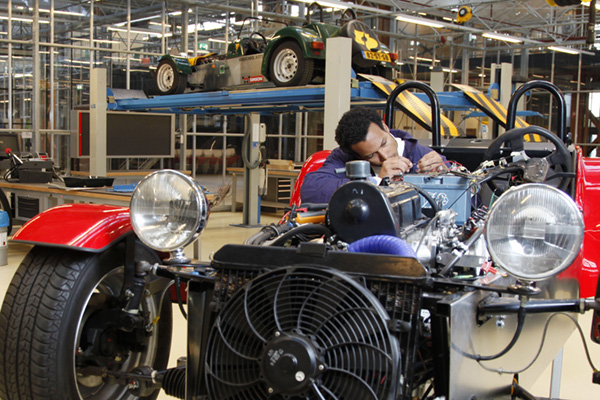Innovation! I hear it mentioned again by our minister of economic affairs. Innovation is the answer to every question about the competitive force or economic growth of our country. Mentioning innovation is like a Pavlov-reaction (conditioned reflex), an answer often employed because it’s the first that pops up, and without defining what it means. In the daily discourse of our politicians and economists the word innovation mostly seems to equal technology, unfortunately.

Some smart thinkers, and the product developers with them, define innovation much broader and at the same time more specific. In his book Design Driven Innovation Professor Roberto Verganti defines innovation as ‘changing the meaning of things’. In a previous Virtual Salon we discussed this theory and concluded that product developers are teached to act the way Verganti promotes. They are educated in trying to understand the deeper needs of humans and how to propose new solutions that consumers won’t ask for, because those solutions don’t exist yet. Verganti points out that real innovative businesses are much more competitive – and their brands much stronger- than businesses that incrementally invent new features with changing technology, because the innovators define their own markets.
In the last Virtual Salon, Design Thinking, we discussed innovation again. I start to recognize a trend in the different meaning of the word in Latin America (Guatemala, Colombia) and the Netherlands. In the Netherlands (and I suspect in Europe and other rich countries), innovation is about cool, new, more pleasant, efficient; all things that make life easy and fun, and for green issues like global warming and water management.
From Latin America I hear innovation as a means to solve problems, usually huge societal ones, or as a means to help adapt human beings to changing circumstances. I start to think that this different point of view is amongst others related to (big) differences in standards of living, and of differences in culture. The culture argument I’d like to discuss later. With regard to standard of living I think that because we enjoy more prosperity we are in the luxury position to see innovation as fun and useful. We tend to try to convince our Latin American friends to see it that way. I mean, we always know better, right? But ehm, Europeans fellas, aren’t we in the middle of something we call crisis and wouldn’t it be an idea to employ innovation as a means to adapt to changing circumstances? Just contemplating …
.
